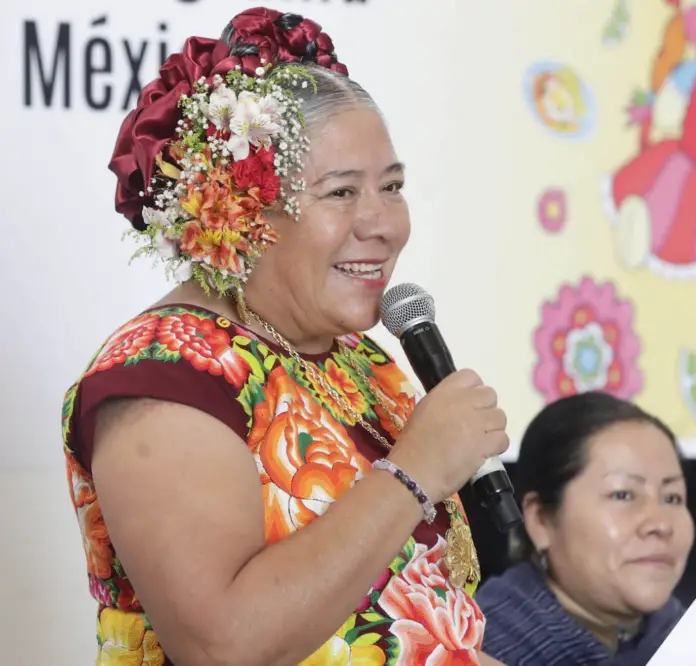The “Cuisine and Tradition of Mexico” program was presented in the Senate of the Republic. This program provides development opportunities to micro and small entrepreneurs in various states through a model of solidarity economy and community tourism.
Senator Luisa Cortés García explained that the initiative is carried out through a strategy of training, community coordination, and social innovation, with the goal of generating generative economy networks.
She emphasized that civil society and the government can spearhead one of the most noble, visionary, and transformative programs, which began in the previous six-year term and is being continued by the current federal government as a result of extensive research.
The legislator added that the program respects territories, values ancestral knowledge, and opens real opportunities for those who have historically been forgotten.
Our gastronomy has nourished not only Mexico but the entire world, through foods based on corn, tomato, avocado, dried chili, cocoa, and coffee; However, “we have yet to discover the vast world of traditional cuisine, in the most remote villages and with exceptional stews.”
Luisa Cortés reported that the program’s first edition has been a success, thanks to the support of the National Council of Humanities, Sciences, and Technologies and the National Institute of Forestry, Agricultural, and Livestock Research. It reached nearly 1,000 rural, peasant, and indigenous enterprises and smallholders in five states: Oaxaca, Guerrero, Puebla, Tlaxcala, and Hidalgo.
This, she explained, is achieved through a strategy of training, community coordination, and social innovation, which has generated generative economy networks in 38 municipalities and nine magical towns.
For his part, Senator Emmanuel Reyes Carmona, president of the Economic Commission, expressed his commitment to developing a strategy that allows for community outreach that generates jobs and economic development. The program makes interculturality, biodiversity, and the importance of traditional and community cuisines visible, she noted.
In her speech, Senator Edith López Hernández, president of the Commission of Indigenous and Afro-Mexican Peoples, highlighted the importance of members of these communities presenting these types of programs in venues like the Senate, and noted that previously they were only seen “as folklore or museum objects,” but were not considered legal entities.
Marcela Camacho, General Director of Tourism Product Innovation, representing the Mexican Ministry of Tourism, emphasized that this is one of the priority programs for integrating communities and that it also represents a tourist experience.
In presenting a state testimony, Elizabeth Quintanar Gómez, Secretary of Tourism for the state of Hidalgo, highlighted the change in mentality regarding the state’s female cooks, who are now recognized not only in their gastronomy but also in their rights.
Finally, Luis Felipe Sigüenza Acevedo, national coordinator of “Cuisine and Tradition of Mexico,” stated that this program is eminently cultural, as we’re not talking about a single cuisine, but rather about the cuisines of Mexico with a focus on tourism, far beyond the fully planned centers or sun and beach destinations. He noted that this year, Morelos, Mexico City, Zacatecas, and Chiapas will be joining the program.

Source: morena.senado.gob




